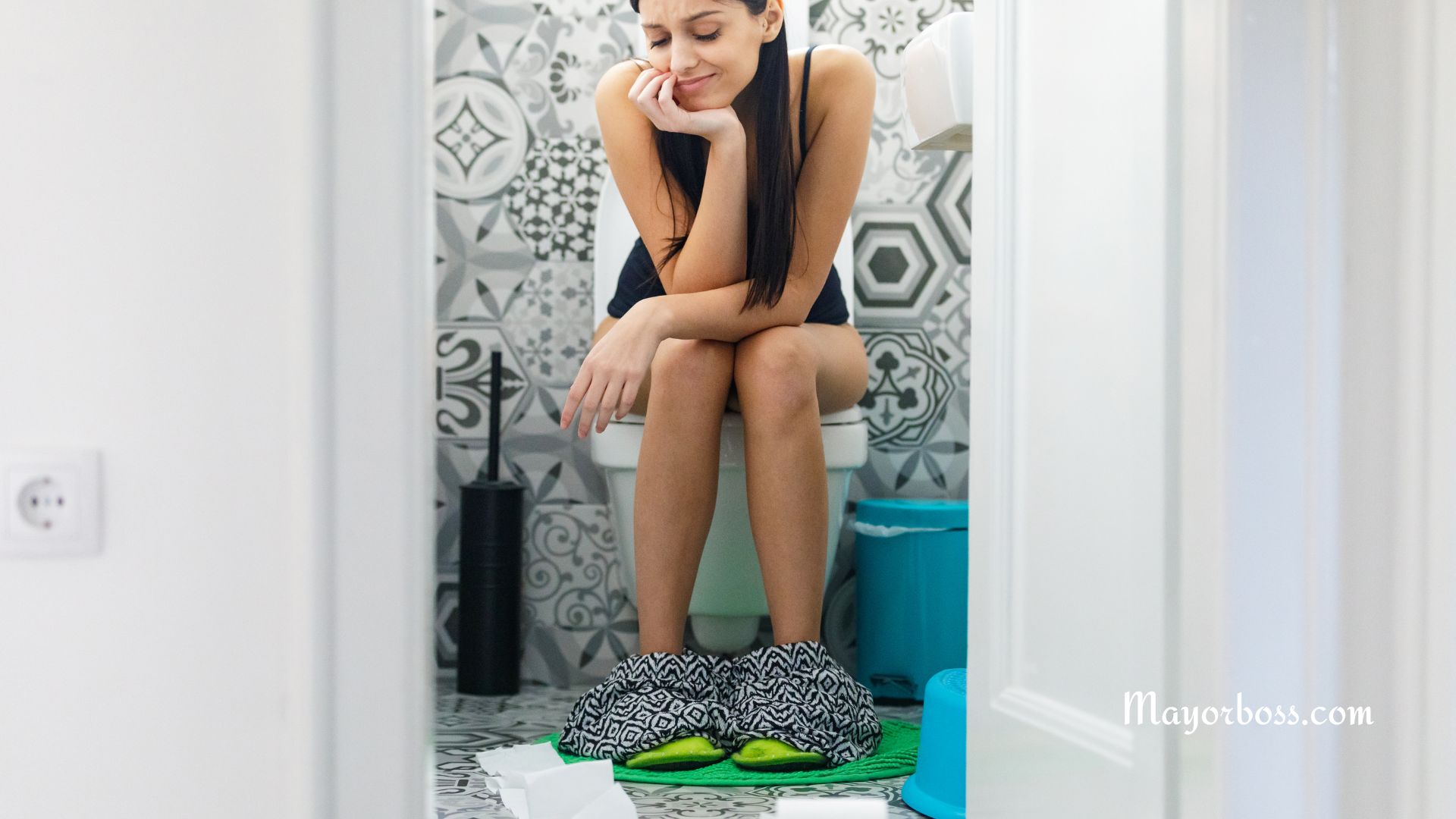Why Do You Have to Pee So Much at Night?
Frequent urination at night, medically known as nocturia, can be a common yet frustrating issue. It’s often due to natural bodily processes, like an increase in urine production while you sleep, drinking too much fluid during the evening, or the impact of gravity when you lie down. However, sometimes, this can signal underlying health conditions like diabetes, sleep apnea, or urinary tract issues.
Lifestyle Factors That May Cause You to Pee So Much at Night

Fluid Intake
Consuming large amounts of fluid before bedtime can naturally cause you to pee so much at night. This includes not just water but also drinks like tea, coffee, and alcohol, which have diuretic properties.
Medication
Certain medications like diuretics, antihypertensives, and antidepressants can increase urine production. If you’re on any of these medications, consult your healthcare provider to adjust the timing or dosage.
Natural Reasons for Nighttime Urination
Gravity’s Role
When you’re upright during the day, gravity helps keep fluid in the lower part of your body. So, when you lie down to sleep, the fluid finds its way back to your kidneys, making you produce more urine.
Sleep Cycle and Hormones
During sleep, your body produces less of a hormone called antidiuretic hormone (ADH). With less ADH to signal water retention, your kidneys produce more urine, prompting those midnight bathroom trips.
Medical Conditions That Cause Frequent Nighttime Urination
Diabetes
Increased urination, especially at night, can be an early symptom of diabetes. This happens because your body tries to get rid of excess sugar through urine. If you’re also feeling unusually thirsty or tired, consult a healthcare provider for a diagnosis.
Sleep Apnea
Research suggests that people with sleep apnea often experience frequent urination at night. The theory here is that when you stop breathing momentarily, your body gets stressed and produces more urine.
Urinary Tract Issues
Conditions like a urinary tract infection (UTI) or an enlarged prostate in men can cause frequent urination. For a UTI, you may also experience pain or a burning sensation when urinating. In the case of an enlarged prostate, you might find it difficult to fully empty your bladder.
Pregnancy
For women, frequent urination can be an early sign of pregnancy. The growing uterus puts pressure on the bladder, causing you to urinate more frequently.
When Should You Seek Help?
If you’ve tried lifestyle changes and still experience frequent nighttime urination, it might be time to consult a healthcare provider. Tests may include blood tests, urine tests, or imaging studies to rule out underlying conditions.
FAQs About Frequent Nighttime Urination
Why does lying down make me urinate more at night?
When you lie down, the fluids that are in your legs and lower body get redistributed. Now free from the pull of gravity, these fluids make their way back to your kidneys, causing more urine to be produced. This leads to more frequent trips to the bathroom.
Can hormones affect how often I pee at night?
Absolutely! Your body produces a hormone called antidiuretic hormone (ADH) that tells your kidneys to retain water. However, the production of ADH decreases when you’re asleep. So, your kidneys go into “flush mode,” making you pee more.
Could medications make me pee more at night?
Yes, they can. Some medications, like diuretics, are designed to help your body eliminate excess fluid, making you urinate more often. Other medications, such as antihypertensives and certain types of antidepressants, can have the same effect. If you suspect your medication is the culprit, consult with your healthcare provider for possible adjustments.
How can I tell if my frequent urination is due to a medical condition?
If you’re also experiencing other symptoms like extreme thirst, fatigue, or a burning sensation when you pee, these could be signs of conditions like diabetes or a urinary tract infection. In such cases, it’s crucial to consult a healthcare provider for proper diagnosis and treatment. Tests like blood tests or urine tests can help identify the underlying issue.
What lifestyle changes can help reduce my nighttime bathroom trips?
Cutting back on fluids before bedtime can make a significant difference. Moreover, consider reducing your intake of beverages like coffee, tea, and alcohol that have diuretic properties. Also, try elevating your legs for a short period before bed to help distribute fluids more evenly throughout your body, thereby reducing the need to pee so frequently at night.
Further Reading: How To Stop Waking Up At Night To Pee
